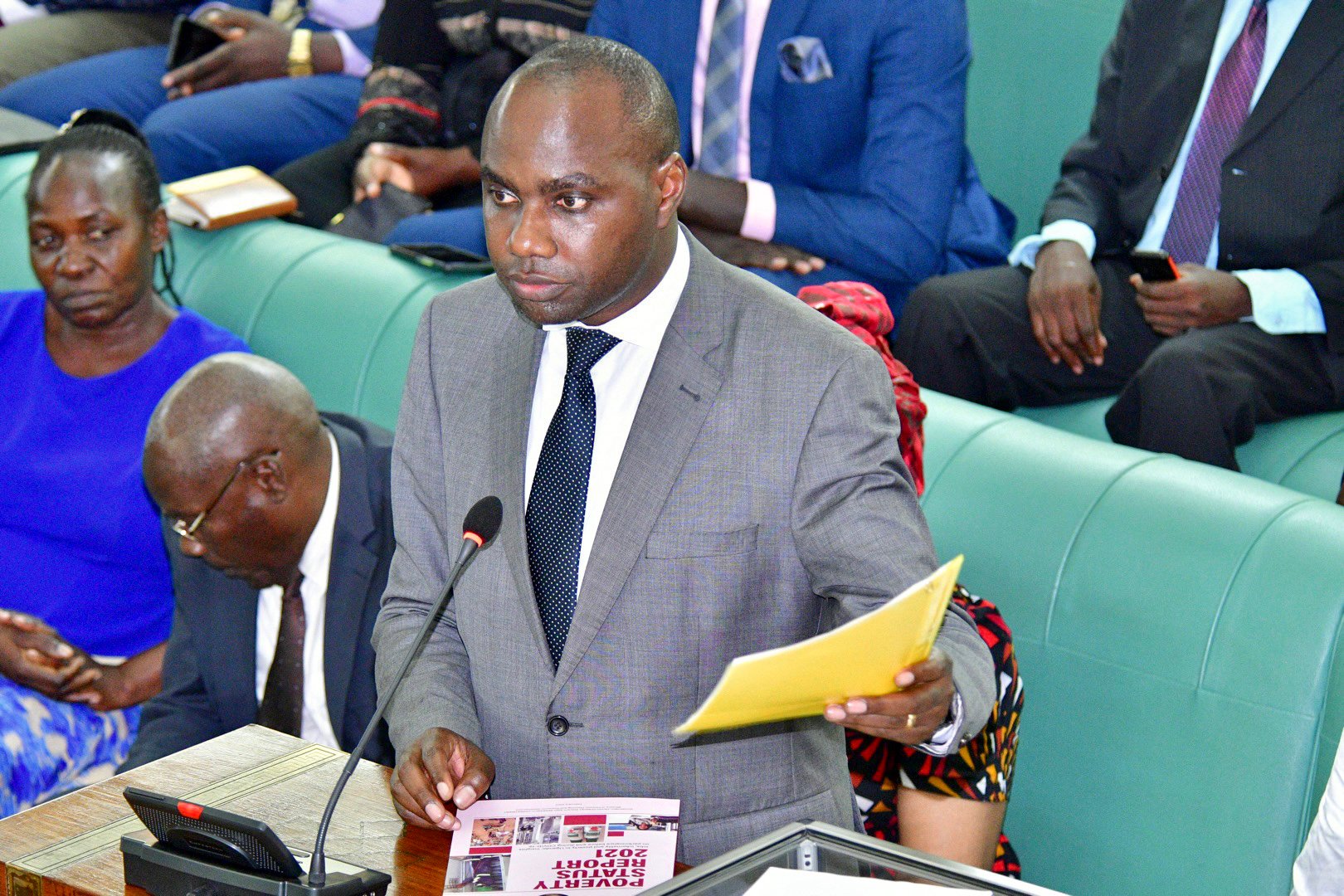Prime
Budget: Govt must cut its coat as per its cloth

Minister of state for Finance, Planning and Economic Development, Mr Henry Musasizi
What you need to know:
- In order to significantly reduce the toxic debt portfolios that the absence of fiscal transparency is predisposing the country to, we urge the government to come up with a macroeconomic framework in which debt management and monetary policy march in lockstep.
When the budget for the 2023/2024 Financial Year (FY) is read tomorrow, it will—much like those that came before it—pay not the slightest attention to the toxicities of fiscal deficit and public debt.
With the latter now north of Shs80 trillion, the general consensus is that the country’s budget wonks cannot keep making it their business to do nothing.
Whereas the Finance ministry’s latest Debt Sustainability Analysis or DSA was sufficiently concerned about the sharp rise in the debt stock, its cavalier attitude culminated in the labelling of Uganda’s debt as “sustainable.”
The DSA in fact puts the risk of debt distress in the medium and long term at “moderate.”
Several experts, however, insist that Uganda’s budget wonks should bring the gravest reflections to discussions.
The experts have not shied away from declaring that the debt sustainability diagnostics Uganda’s budget wonks use are questionable not least because they artificially create fiscal headroom.
The cursory body of knowledge they proffer encourages borrowing whilst obscuring the distance of a fiscal cliff.
We join the aforesaid experts in casting an air of deep pessimism over the safety of Uganda’s total public debt.
It should not be lost upon us that DSAs churned out by the Finance ministry have over the years created a burning, if insidious, appetite for non-concessional financing.
The aforementioned financing is usually tethered to a largely concessional public debt.
The false equivalence between all things concessional and non-concessional roots Uganda’s 20-year forecast period of debt sustainability in questionable economics.
While the debt rule has no inherent flaws insofar as guaranteeing fiscal sustainability is concerned, the government’s budget wonks choose to abuse it either wittingly or unwittingly with a rather forceful conflation.
To make matters worse, fiscal irresponsibility from government functionaries has resulted in the processing of countless supplementary budgets.
We continue to call for fiscal responsibility from government functionaries.
Let them—excuse the cliché—cut their coat according to their cloth.
It is evident that the Finance ministry’s DSA cannot ensure sound and good fiscal management.
In order to significantly reduce the toxic debt portfolios that the absence of fiscal transparency is predisposing the country to, we urge the government to come up with a macroeconomic framework in which debt management and monetary policy march in lockstep.
The spiralling food and energy prices means that Uganda’s debt portfolio matters a great deal to its rank and file.
There is every indication that prioritising debt payments over public spending on healthcare or access to food will take the wind out of the sails of the rank and file.
In a recent report, Debt Justice noted that between 2019 and 2023 there will be a three percent reduction in such public expenditure amongst heavily indebted nations such as Uganda.
Debt Justice’s data set further indicates that debt payments by developing countries have more than doubled since 2010.
Since this is to the detriment of the rank and file, sound debt management ought to be a necessity rather than choice.




